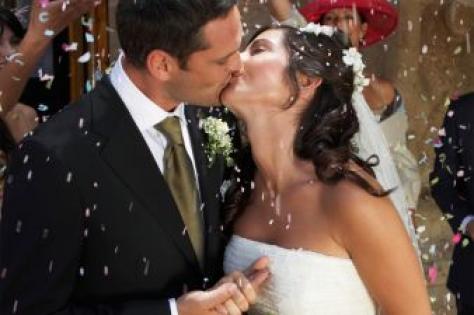Long gone are the days where the 'ownership' of a daughter was passed to her new husband, along with 30 head of cattle and 3 hectares of farmland. Name change was non-negotiable and the world would know she was under new management when her father's name gave way to her husband's.
Fast forward 400 years and the reasons why women still take their husband's name are increasingly complicated and constantly evolving.
In the 1970s and 1980s women made a political statement by keeping their name, and those who changed names were viewed with suspicion. But since the late 1990s what was once old is new again, and many women are changing their name. But the reasons are far from political.
Instead, because women and men are tending to get married later, the bride changing her name is seen as a means of sharing a connection with her new family.
“Older women who get married consider it a very serious commitment and want to reflect that commitment in all they do,” says Genevieve Dennis of easynamechange.
She says that a recent survey conducted by her organisation showed that almost 90% of brides are motivated to change names so the whole family could share the same name. 85% also agreed that changing names was a sign of commitment to their new family. On the flip side, when a bride keeps her name it's not to make a political statement – like her mother may have - but for personal reasons, usually to do with career or business.
Ms Dennis confirms that brides are increasingly taking their husband's name and stop using their maiden name altogether, but there are emerging trends and these days, anything goes.
“Men take the woman’s name, couples blend parts of both surnames together into a new hybrid name, or some couples just take a totally new name that they both like!”
Ms Dennis says the most recent trend is for married women to move their maiden name to a middle name and to continue to use "Ms" rather than "Mrs".


















__small.png)










